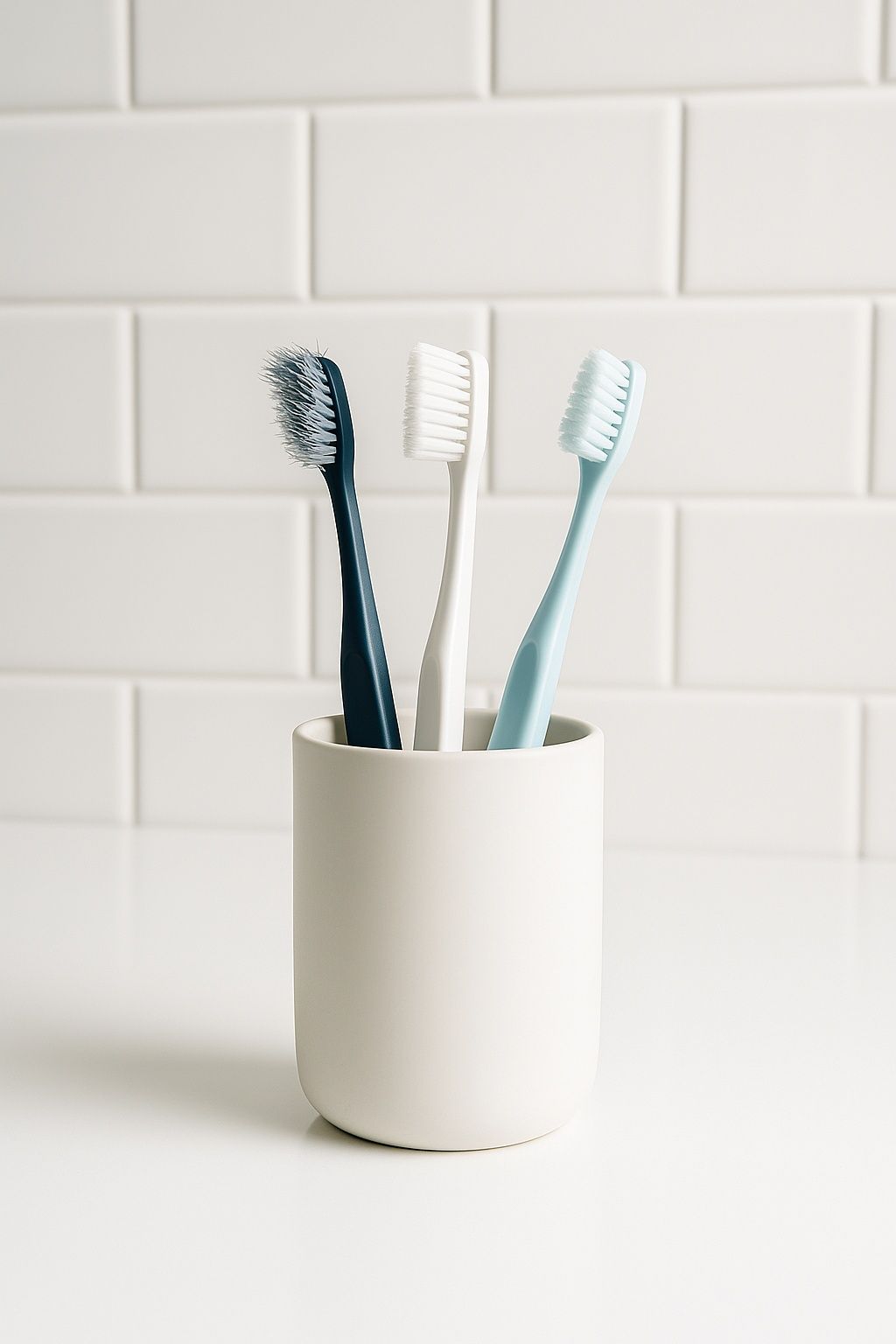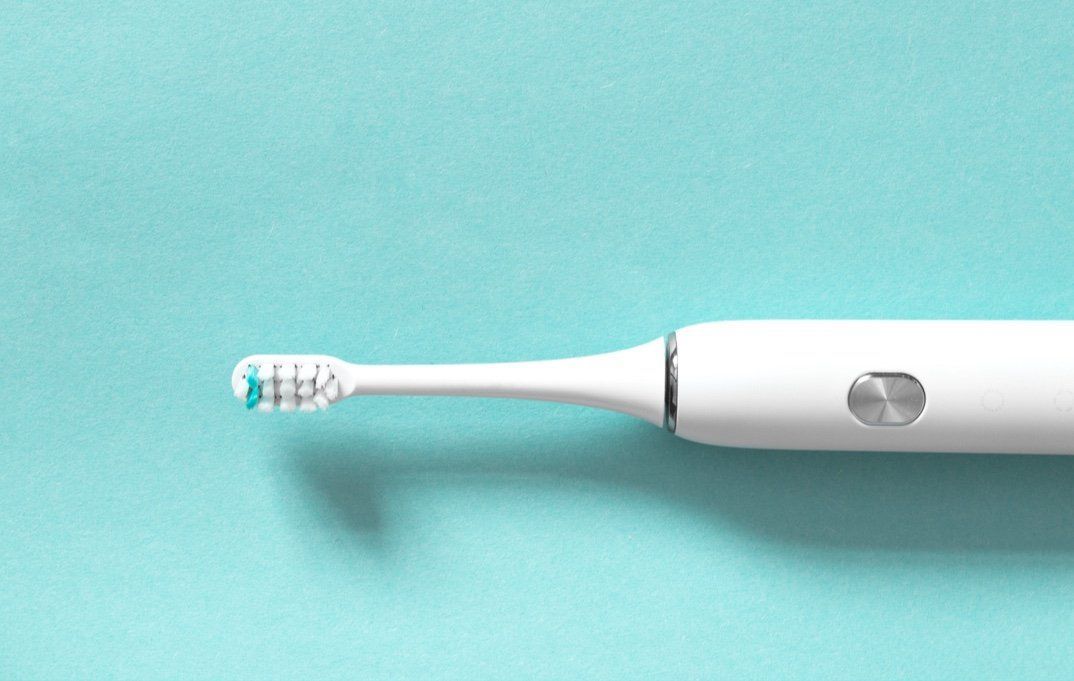When to replace your toothbrush
🪥 When Should You Replace Your Toothbrush?
Most people don’t think twice about their toothbrush — until it starts looking like it wrestled with a lion. But the truth is, replacing your toothbrush regularly is one of the easiest ways to protect your oral health.
🗓️ How Often Should You Replace It?
The American Dental Association recommends switching your toothbrush every 3 to 4 months — or sooner if the bristles are frayed. Why? Because worn bristles can’t clean your teeth as effectively and may even irritate your gums.
🔁 Other Times You Should Replace It:
- After you’ve been sick (cold, flu, COVID, strep throat)
- If your toothbrush has been dropped or exposed to a dirty surface
- If the bristles are splayed or flattened
- If your child starts chewing on it (they all do!)
- If your electric toothbrush head shows signs of wear
👎 What Happens If You Don’t?
Old toothbrushes don’t just clean less — they can harbor bacteria, fungi, and other things you don’t want near your mouth. Plus, using worn bristles can wear away enamel or damage gums over time.
✅ Pro Tips from Garden City Dentistry:
- Store your toothbrush upright and allow it to air dry
- Don’t cover it with a cap for long periods — trapped moisture = bacteria
- Use soft-bristled brushes (they’re safest for enamel and gums)
- Set a reminder in your phone or replace it with the seasons (every 3 months = 4 per year)
Time for a New Brush?
If your brush looks tired — it probably is. And if you’re unsure what kind of toothbrush is best for you (manual, electric, soft bristles, etc.), our team at Garden City Dentistry is happy to help!


